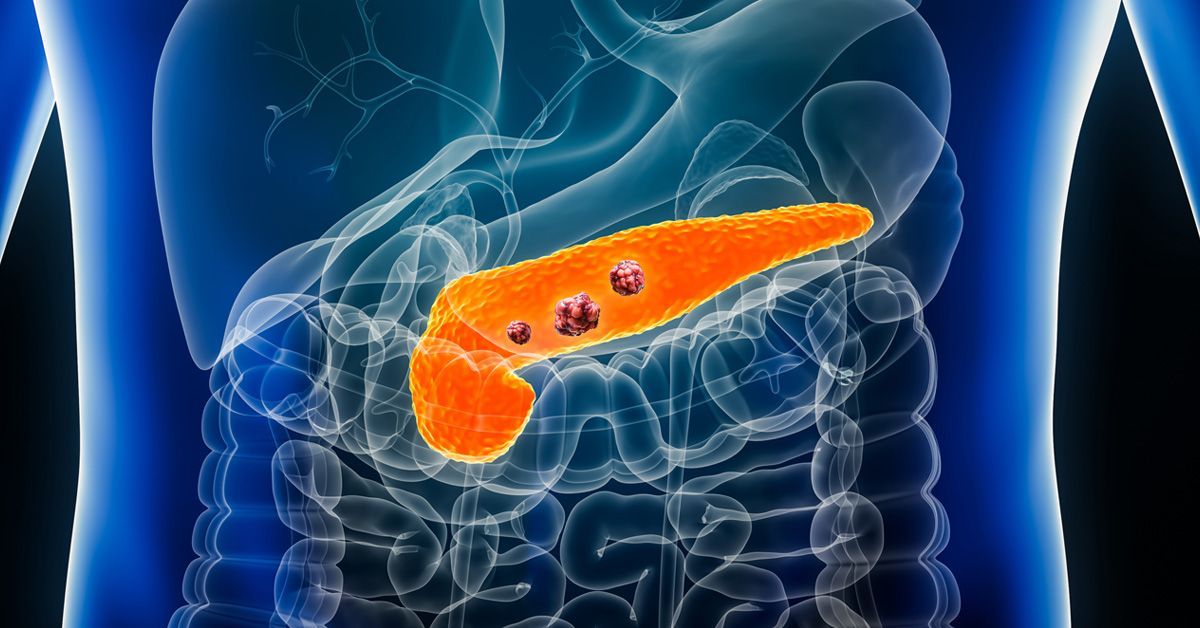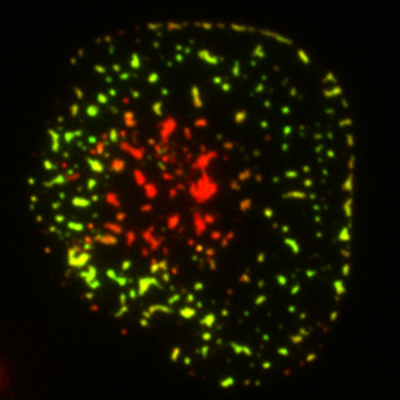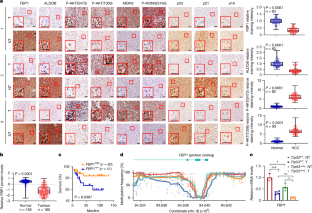2025-01-02 カリフォルニア大学サンディエゴ校(UCSD)
 UC San Diego School of Medicine researchers have identified an enzyme called MICAL2 that promotes tumor growth and metastasis in the most common form of pancreatic cancer. Photo by libre de droit/iStock
UC San Diego School of Medicine researchers have identified an enzyme called MICAL2 that promotes tumor growth and metastasis in the most common form of pancreatic cancer. Photo by libre de droit/iStock
<関連情報>
- https://today.ucsd.edu/story/enzyme-promoting-tumor-growth-and-spread-in-pancreatic-cancer-identified
- https://aacrjournals.org/cancerres/article/doi/10.1158/0008-5472.CAN-24-0744/750754/MICAL2-Promotes-Pancreatic-Cancer-Growth-and
MICAL2が膵臓がんの増殖と転移を促進することが判明 MICAL2 Promotes Pancreatic Cancer Growth and Metastasis
Bharti Garg;Sohini Khan;Asimina S. Courelli;Ponmathi Panneerpandian;Deepa Sheik Pran Babu;Evangeline S. Mose;Kevin Christian Montecillo. Gulay;Shweta Sharma;Divya Sood;Alexander T. Wenzel;Alexei Martsinkovskiy;Nirakar Rajbhandari;Jay Patel;Dawn Jaquish;Edgar Esparza;Katelin Jaque;Neetu Aggarwal;Guillem Lambies;Anthony D’Ippolito;Kathryn Austgen;Brian Johnston;David A. Orlando;Gun Ho Jang;Steven Gallinger;Elliot Goodfellow;Pnina Brodt;Cosimo Commisso;Pablo Tamayo;Jill P. Mesirov;Hervé Tiriac;Andrew M. Lowy
Cancer Research Published:January 02 2025
DOI:https://doi.org/10.1158/0008-5472.CAN-24-0744
Abstract
Pancreatic ductal adenocarcinoma (PDAC) remains one of the deadliest solid cancers; thus, identifying more effective therapies is a major unmet need. In this study, we characterized the super enhancer (SE) landscape of human PDAC to identify drivers of the disease that might be targetable. This analysis revealed MICAL2 as a super enhancer-associated gene in human PDAC, which encodes the flavin monooxygenase MICAL2 that induces actin depolymerization and indirectly promotes SRF transcription by modulating the availability of serum response factor coactivators myocardin-related transcription factors (MRTF-A and MRTF-B). MICAL2 was overexpressed in PDAC, and high MICAL2 expression correlated with poor patient prognosis. Transcriptional analysis revealed that MICAL2 upregulates KRAS and EMT signaling pathways, contributing to tumor growth and metastasis. In loss and gain of function experiments in human and mouse PDAC cells, MICAL2 promoted both ERK1/2 and AKT activation. Consistent with its role in actin depolymerization and KRAS signaling, loss of MICAL2 also inhibited macropinocytosis. MICAL2, MRTF-A, and MRTF-B influenced PDAC cell proliferation and migration and promoted cell cycle progression in vitro. Importantly, MICAL2 supported in vivo tumor growth and metastasis. Interestingly, MRTF-B, but not MRTF-A, phenocopied MICAL2-driven phenotypes in vivo. This study highlights the multiple ways in which MICAL2 impacts PDAC biology and provides a foundation for future investigations into the potential of targeting MICAL2 for therapeutic intervention.


